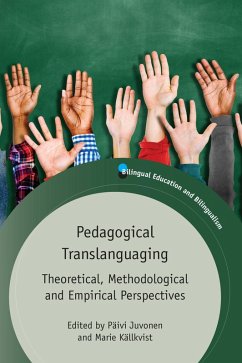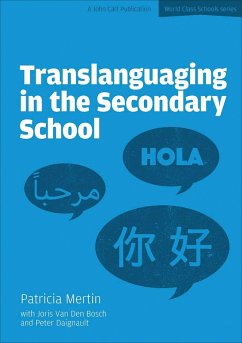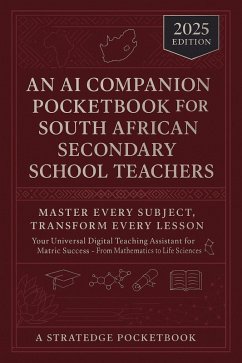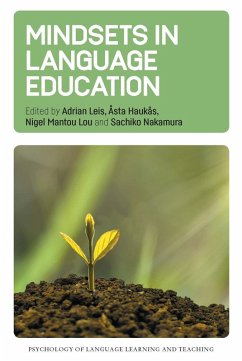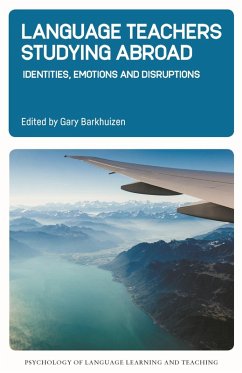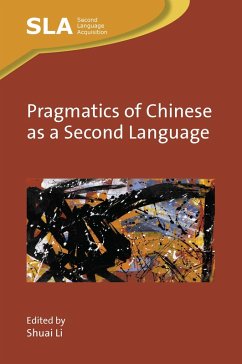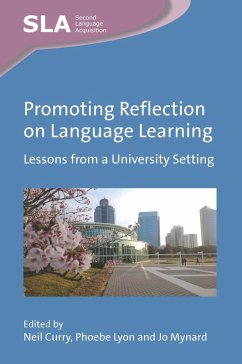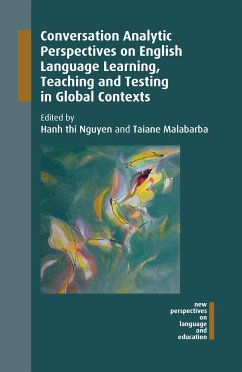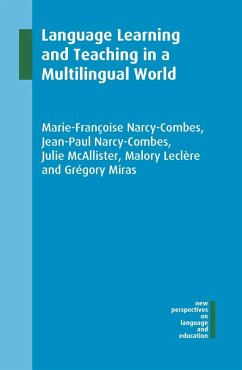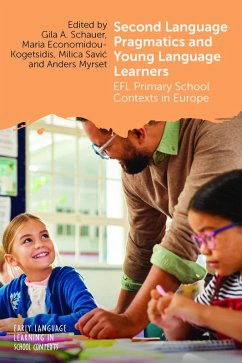
Relanguaging Language from a South African Township School (eBook, ePUB)

PAYBACK Punkte
9 °P sammeln!
Using data from a long-term ethnographic study of English language classrooms in a South African township, this book highlights linguistic expertise in a setting where it is not usually expected or sought. Rather than being 'peripheral and unskilled', South African township teachers and learners emerge as skilled (re)languagers central to the workings of South African education, and to our understanding of how language classrooms work. This book foregrounds the heterogeneity, flexibility and creativity of day-to-day language practices that African urban spaces are known for, and conceptualises...
Using data from a long-term ethnographic study of English language classrooms in a South African township, this book highlights linguistic expertise in a setting where it is not usually expected or sought. Rather than being 'peripheral and unskilled', South African township teachers and learners emerge as skilled (re)languagers central to the workings of South African education, and to our understanding of how language classrooms work. This book foregrounds the heterogeneity, flexibility and creativity of day-to-day language practices that African urban spaces are known for, and conceptualises language teaching not as a progression from one fixed language to another, but as a circular sorting process between linguistic heterogeneity (languaging) and homogeneity (a standard language).
Dieser Download kann aus rechtlichen Gründen nur mit Rechnungsadresse in A, D ausgeliefert werden.




